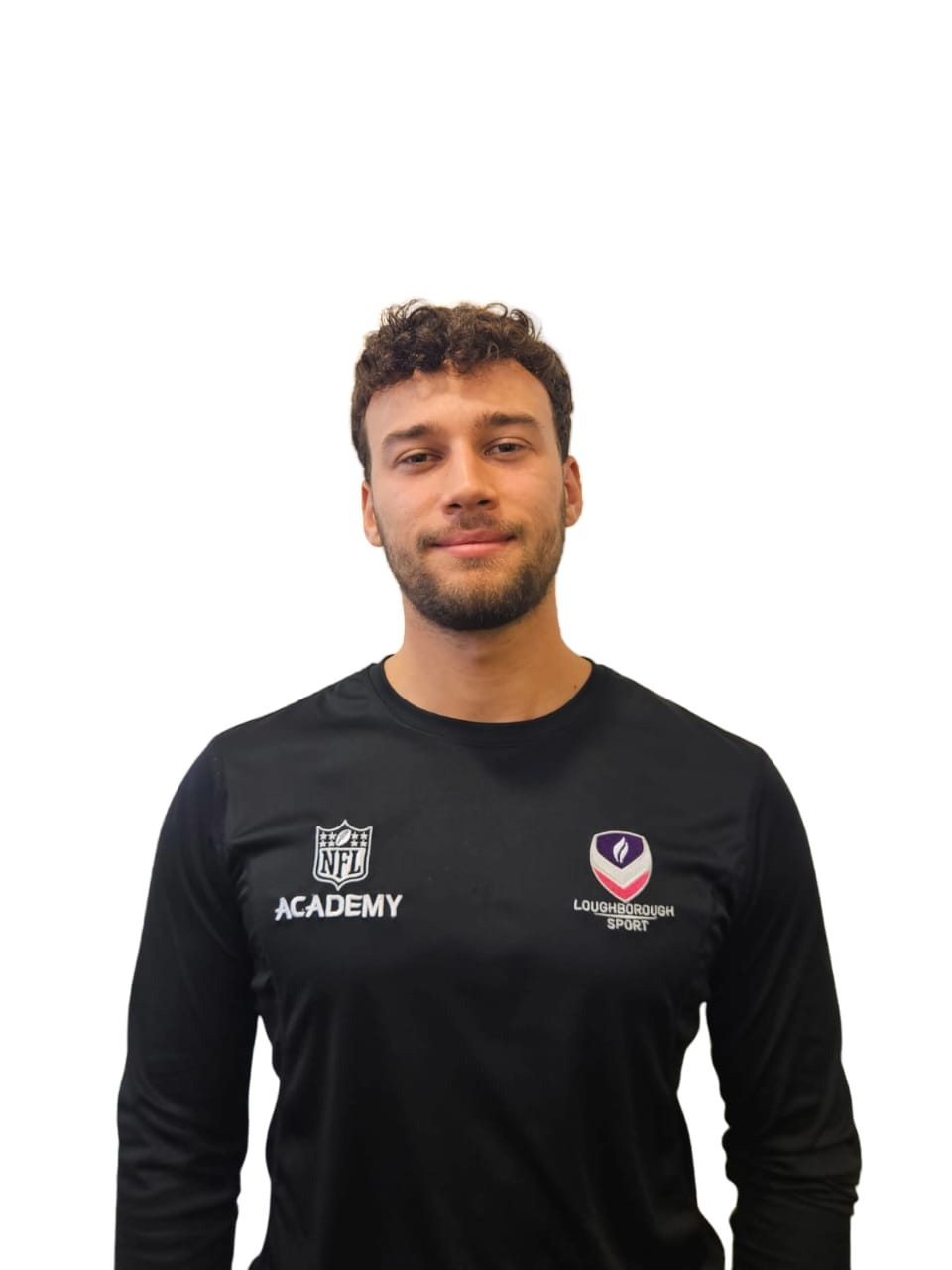Better Sleep, Better Recovery: Science-Based Strategies
Why sleep matters for athletes and how to improve it with environment, behaviors, nutrition, monitoring, and education.
Introduction
Sleep loss is associated with a plethora of negative effects in athletes, impacting physical, physiological, and cognitive aspects of their performance, as recently discussed in one of our LinkedIn posts.
Although athletes require more sleep than sedentary populations, due to the heightened demands of their high-intensity activity, paradoxically, athletes generally report lower sleep quality than non-athletes[1]. The following article outlines science-based suggestions on how to best improve sleep and subsequent performance.
Optimising sleep hygiene
One of the strategies that an athlete can adopt to tackle this issue is optimising their sleep hygiene. An ideal sleeping environment is cool, dark, and quiet – conditions that are more conducive to high-quality sleep. Tools such as fans, sleep masks, ear-plugs, white noise, and light-blocking shades can be utilised to achieve this environment.
Furthermore, it has been suggested that the optimal bedroom temperature ranges between 17°C and 20°C, although it may vary according to humidity levels[2][3][4]. Paying attention to these details may seem small, but it can play an important role in positively impacting sleep duration and quality
Daily behaviours
Beyond setting up favourable sleeping conditions, daily habits and behaviours also play a key role in shaping sleep quality. Immediately before sleep, a reduction in ambient light exposure (AKA screen-use) is recommended, as screen-light exposure can suppress the release of melatonin and therefore impact sleep latency[5]. Research suggests that among non-athletic adolescents and children, evening screen-based sedentary behaviour is negatively associated with sleep duration and quality[6].
Furthermore, both early bright light exposure in the morning and a regular routine can enhance alertness and the circadian rhythm[1].
Nutrition
Nutrition plays an equally important role in shaping sleep outcomes. Alcohol, despite its sedating effects, can significantly disrupt sleep quality[2]. Caffeine is another major culprit, and while athletes may use it strategically to enhance performance, taking it too late in the day can significantly delay sleep onset[2]. Research also points to the impact of macronutrient composition: diets high in protein may improve sleep quality, while diets rich in fat appear to have the opposite effect[1]. Severe caloric restriction has also been associated with disturbed sleep, which is important for athletes who may be restricting energy for weight management.
Finally, late evening meals, particularly heavy or carbohydrate-rich ones, can impair metabolic balance, elevate insulin, and reduce sleep quality[8]. Together, these findings highlight that “what” and “when” athletes consume, can make a significant difference in how well they sleep.
Tracking
Another challenge is that athletes are often poor judges of their own sleep quality. For this reason, regular monitoring through wearable devices may be a useful way to gain more accurate insights[2][4].
Beyond tracking, education also plays a pivotal role. A 2017 study found that sleep hygiene education alone led to measurable improvements in sleep quality among elite female netball players [9]. This suggests that practitioners, coaches, and support staff have a responsibility to raise awareness about the importance of sleep and provide athletes with the tools and knowledge needed to prioritise it.
Conclusions
Ultimately, sleep should be viewed as critical for enhancing performance. While the available research in this area is scarce and often observational with a limited cohort, the strategies outlined here offer a strong starting point. Athletes and practitioners are encouraged to use these evidence-based recommendations as a guide, while tailoring routines to individual needs and preferences.
By creating a supportive sleep environment, adopting consistent behaviours, paying attention to nutrition, and making use of monitoring and education, athletes can unlock the benefits of deeper, higher-quality res, which may lead to better recovery, improved health, and enhanced performance.
References
- Halson, S. L. (2014). Sleep in elite athletes and nutritional interventions to enhance sleep. Sports Medicine, 44(SUPPL.1). https://doi.org/10.1007/s40279-014-0147-0
- Simpson, N. S., Gibbs, E. L., & Matheson, G. O. (2017). Optimizing sleep to maximize performance: implications and recommendations for elite athletes. Scandinavian Journal of Medicine and Science in Sports, 27(3), 266–274. https://doi.org/10.1111/sms.12703
- Watson, A. M. (2017). Sleep and Athletic Performance. www.acsm-csmr.org
- Caddick, Z. A., Gregory, K., Arsintescu, L., & Flynn-Evans, E. E. (2018). Environmental parameters necessary for an optimal sleep environment. Building and Environment, 132, 11–20. https://doi.org/10.1016/j.buildenv.2018.01.020
- Hale, L., & Guan, S. (2015). Screen time and sleep among youth: A systematic review. Sleep Medicine Reviews, 21, 50–58. https://doi.org/10.1016/j.smrv.2014.07.007
- Saunders, T. J., et al. (2022). Timing of sedentary behaviour and bedroom access to sedentary activities with sleep outcomes in youth: A systematic review. Health Promotion and Chronic Disease Prevention in Canada, 42(4), 139–149. https://doi.org/10.24095/hpcdp.42.4.03
- Haghayegh, S., et al. (2019). Before-bed passive body heating to improve sleep: Systematic review and meta-analysis. Sleep Medicine Reviews, 46, 124–135. https://doi.org/10.1016/j.smrv.2019.04.008
- Nakajima, K. (2018). Unhealthy eating habits around sleep and sleep duration. World Journal of Diabetes, 9(11), 190–194. https://doi.org/10.4239/wjd.v9.i11.190
- O'Donnell, S., & Driller, M. W. (2017). Sleep-hygiene education improves sleep indices in elite female athletes. International Journal of Exercise Science, 10(4), 522. http://www.intjexersci.com
